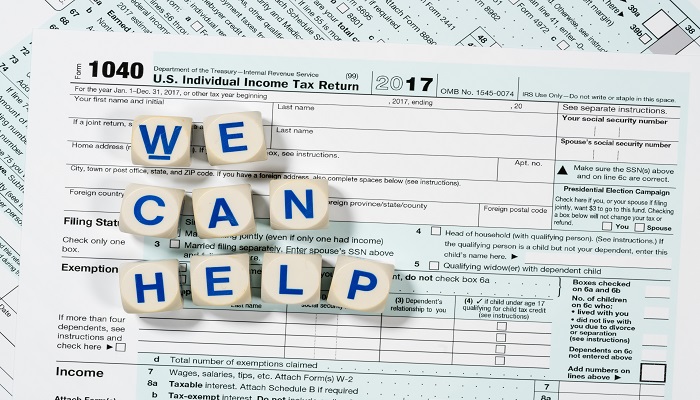
Nobody wants to have to deal with the IRS, especially if they are on the wrong side of the Tax Code. However, situations may arise when you must deal with the government agency or risk facing penalties. The IRS sends out notices for a variety of reasons including unfiled tax returns. In this blog, we are going to discuss all you need to know about letters from the IRS.
Identifying if the letter is genuinely from the IRS
First of all, you need to make sure that the letter you have received is really from the IRS. There are a lot of fraudulent activities going on around taxes. If you fail to detect a scam, you might end up losing money. To identify a scam IRS letter, you can check for the following:
- The letter seeks your bank account details
- Grammatical and spelling errors
- It demands immediate payment to an anonymous bank account
- The letter instills a sense of urgency, forcing you to make the payment right away
- Contains wrong IRS contact details
- The letter claims that you won a lottery or something of that sort
If you think you have been a victim of an attempted fraud, you can reach out to a Dallas tax lawyer to look into the case and chart a way forward. It always helps to have an expert by your side when dealing with all tax matters including unfiled tax returns and IRS notices.
Related Blog Post: Guide to Handling a Tax Lien on Your Home
Different types of letters you may receive
Once you have determined the legitimacy of the IRS letter you have received, now it’s time to identify the type of notice. IRS attorneys in Dallas, Texas can also be helpful when seeking to establish the nature of notice that you have received and the best way to respond.
- CP521: You will receive this letter if you have an installment payment that is due. It’s a gentle reminder to send your monthly payment before the due date.
- CP180 or CP181: The IRS sends this letter when there is an issue with your most recent tax return. This letter means that you’re missing either a schedule or form. If you don’t know how to proceed, reach out to a Dallas tax lawyer for clarification.
- CP504: This is a final notice asking you to settle your tax debt. If you don’t respond and act immediately to resolve the issue, the IRS will eventually take more serious action, including levying your assets. The best way to respond is by filing all unfiled tax returns and paying all outstanding taxes.
- CP44: You will receive this letter if the IRS experiences delays while processing your returns. This notice means the IRS is still in the process of determining your tax status.
- CP523: Now, the CP523 letter is a serious one. It means that you have failed to follow your installment agreement with the IRS. The letter indicates that the IRS is preparing to take some serious action to collect the tax dues. If you don’t respond immediately, the government agency may even seize your assets.
Related Blog Post: All You Need to Know about IRS Debt Forgiveness
Final word
The best way to stay in compliance with the IRS is to file and pay all unfiled tax returns as soon as possible and make sure to never miss any deadlines in future. Consulting anIRS attorney in Dallas, Texas allows you to explore different avenues to settle IRS tax debt. The IRS offers a variety of IRS tax relief options that can help ease your tax burden and avert any collection action. When looking for an experienced IRS tax attorney in Dallas, you can always count on the Law Offices of Nick Nemeth. Our team of Dallas tax lawyers can help you to settle IRS tax debt and get a range of other IRS problem resolutions. Simply call (972) 426-2553 or use our Contact Form to schedule an appointment.


